
Charter
Charter Finalizes $49.5 Million Purchase of Bardstown Connect
The city will continue managing customer service and billing until Charter assumes full control
Founded in 1993, Charter Communications is the second-largest wireline broadband provider in the U.S., with $55.1 Billion in Annual Revenue as of 2024. They offer internet, video, voice, and mobile services to more than 32 million customers in 41 states.
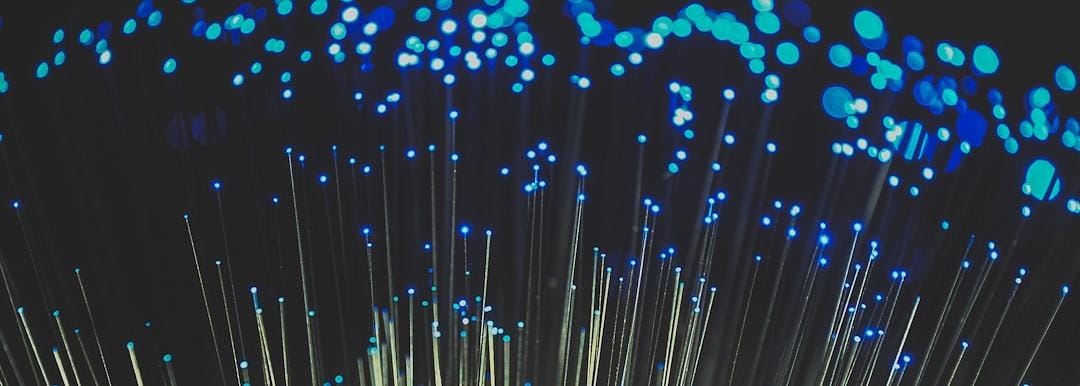

Charter
The city will continue managing customer service and billing until Charter assumes full control
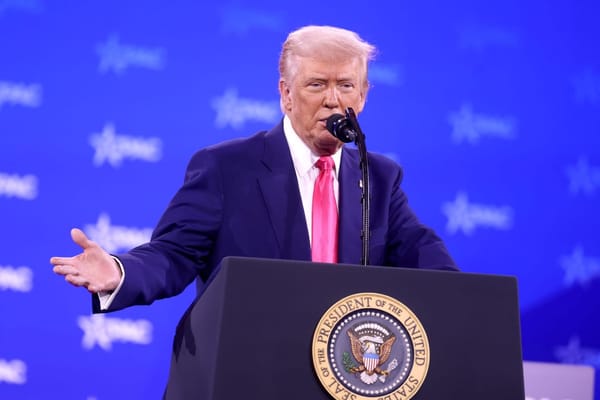
Infrastructure
President Trump instituted sweeping duties on imports Wednesday

Open Access
The city promises options ranging from symmetrical 300 megabits per second to symmetrical 1 gigabit per second.
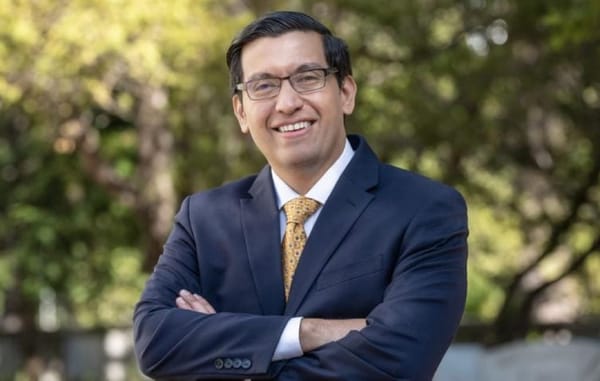
Cox Communications
New report finds affordability mandate would cut less than 1% from top ISPs’ revenues.
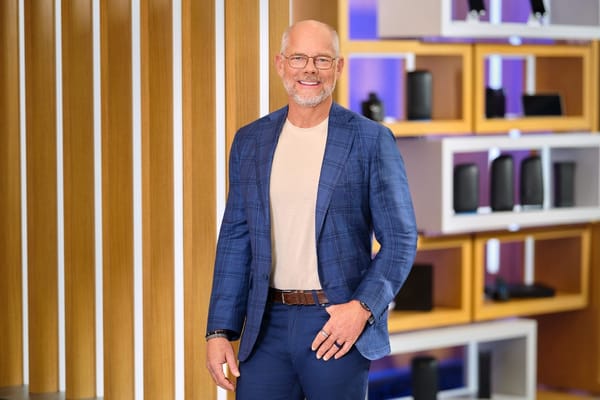
Mobile
Verizon, who the cable giants have MVNO deals with, announced satellite texting on the same Android phones Wednesday.

Earnings
The company received a buyout offer from private equity firms last year and is still evaluating the deal.

Infrastructure
With major network upgrades complete, Charter CEO said the ISP was ready to cash in.
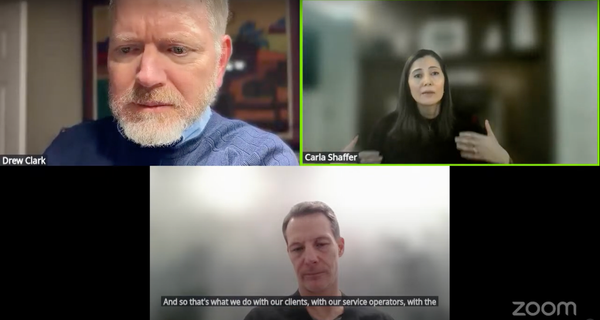
EU
All three national wireless carriers - AT&T, Verizon, and T-Mobile - are expanding their fiber investments in various ways.
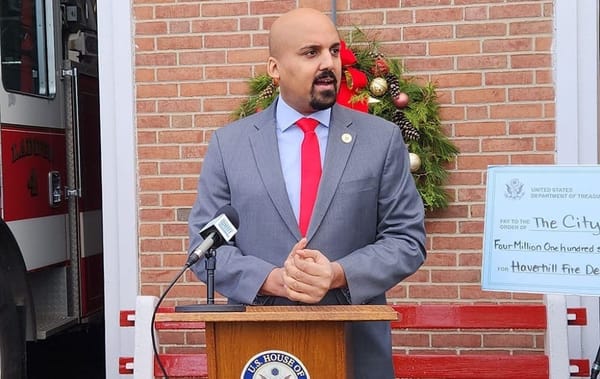
USF
Bill would cap amount low-income households can pay for Internet.
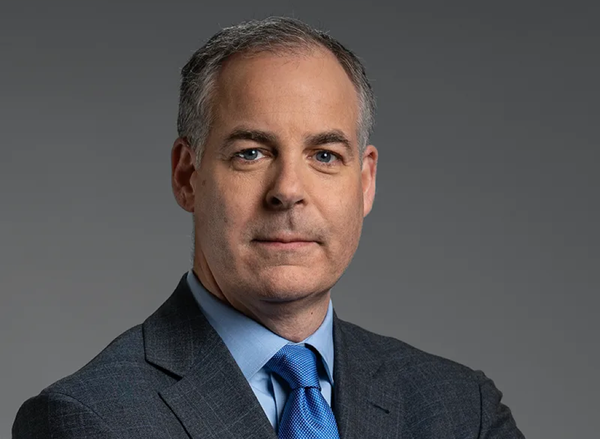
Earnings
The cable operator has 3 million fiber passings, and is planning to deploy fiber to another 175,000 locations in 2025.
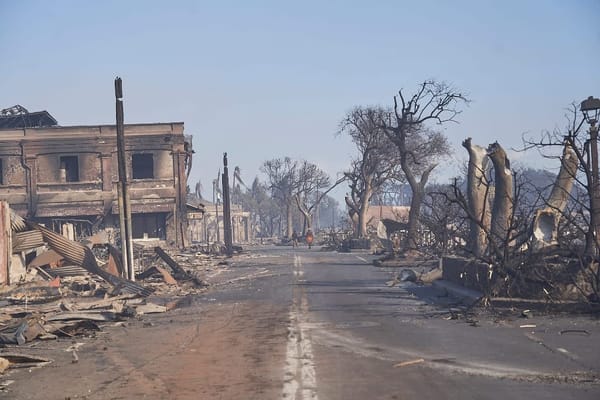
Hawaii
ISPs will not be required to compensate insurance companies for policyholder payouts.
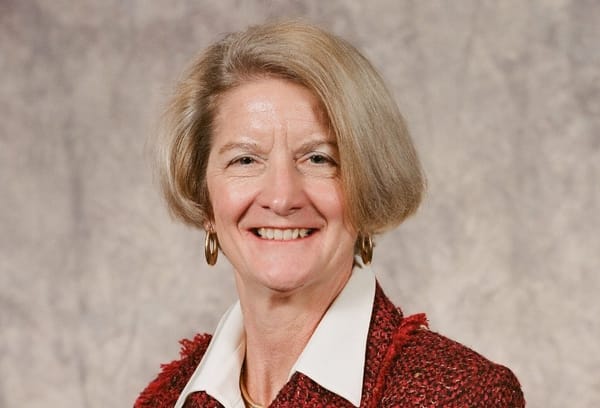
Charter
State task force weakens utility reporting requirements, despite calls for more oversight.

Fiber
The cable giant said T-Mobile and Metronet would have access to its convergence trade secrets.

Earnings
The number missed expectations but was better than what Comcast reported Thursday.
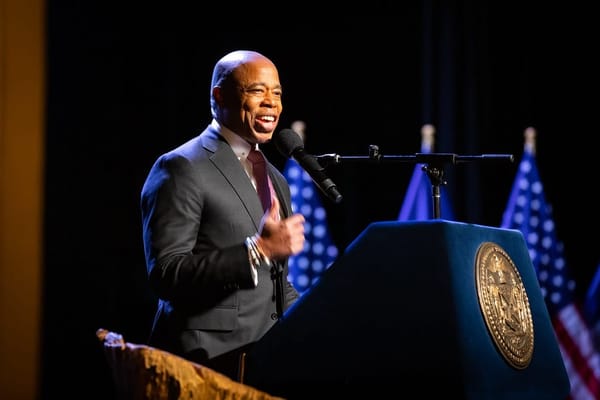
Christopher Mitchell
While New York’s existing programs are a welcome effort, they remain a far cry from the city’s original ambition.
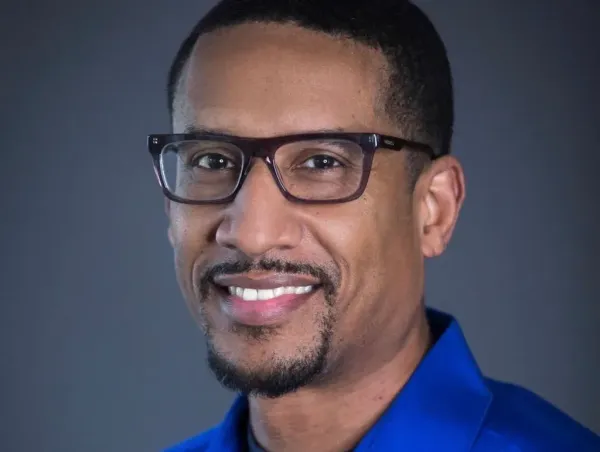
SpaceX
Massachusetts is advancing legislation to provide $15 monthly broadband service to low-income residents.